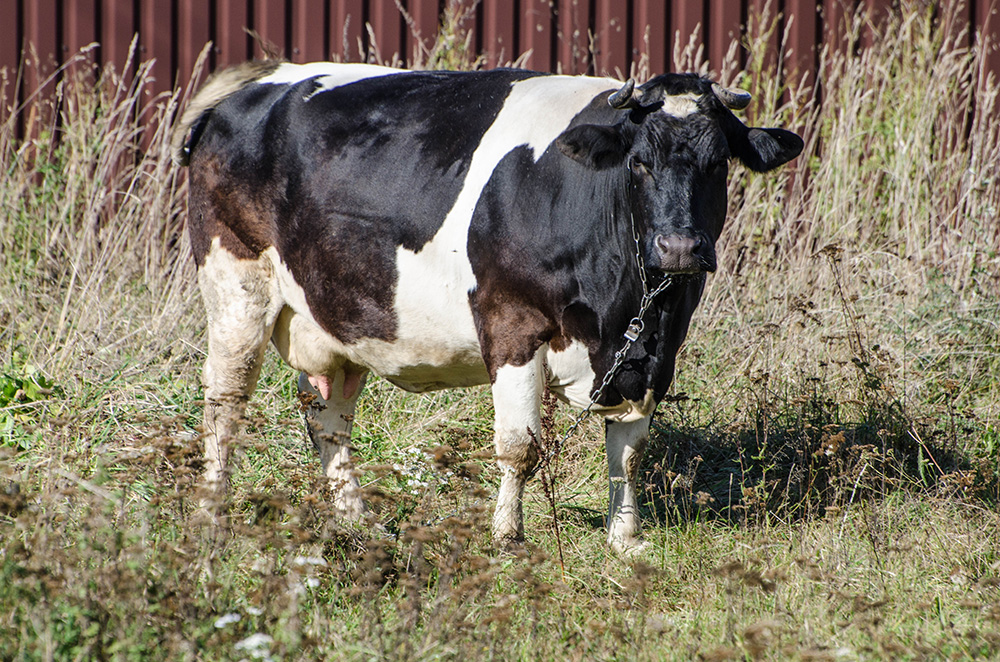Improved solution to increase fertility in high-yielding cows
Through decades, researchers have been able to increase milk production in cows by intense genetic selection. However, this has resulted in a reversal of the fertility of the cows. This has led the researchers to find an optimum solution.

An increase in dairy production has increased farmers' income, but now they are facing increased costs of insemination and veterinary costs due to a decline in fertility that has occurred in connection with rising milk production.
The increased milk production is due to many years of genetic selection, and there is an unfavorable genetic correlation between fertility and milk production. The Nordic countries are well known for putting higher economic weights on female fertility traits in the selection index, and are also among the countries of highest genetic levels on fertility.
Researchers at Aarhus University have now tried to find a solution to the decreasing fertility in collaboration with Chinese researchers, using the knowledge about the DNA segments called QTL (Quantitative Trait Locus) which affect a cow performance. Faster genetic progress for female fertility could be achieved by incorporating the information of QTL into selection decisions.
The researchers used two populations of Holstein cows from Nordic countries and China and have identified several genetic variants associated with the fertility of the cows. The researchers managed to validate a large number of identified QTLs associated with cow's fertility in Chinese Holstein using the data from Nordic Holstein cows. The next step is to carry out fine mapping studies using both high density SNP array and whole genome sequence variants to narrow down QTL intervals and facilitate short listing of the candidate genes.
Utilizing the information on associated genetic variants in routine genetic evaluation would hopefully help to make better selection decision to avoid further decline in fertility in high yielding cows.
The results have been published in the internationally recognised journal Scientific Reports.
For more information, please contact
- Professor Mogens Sandø Lund
- Senior researcher Guosheng Su
- Senior researcher Goutam Sahana
- Ph.d.-student Aoxing Liu
Department of Molecular Biology and Genetics
Aarhus University, Denmark
